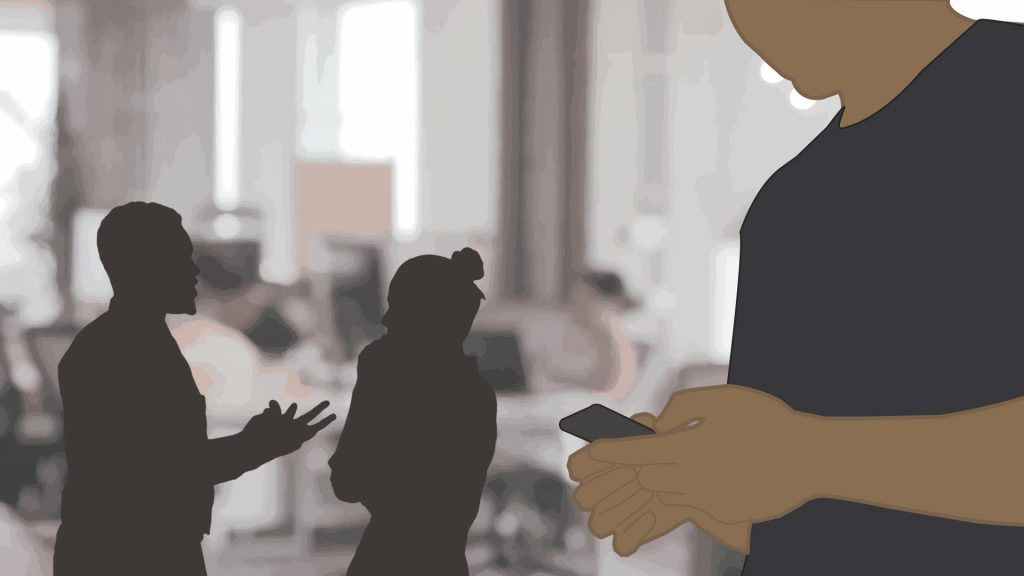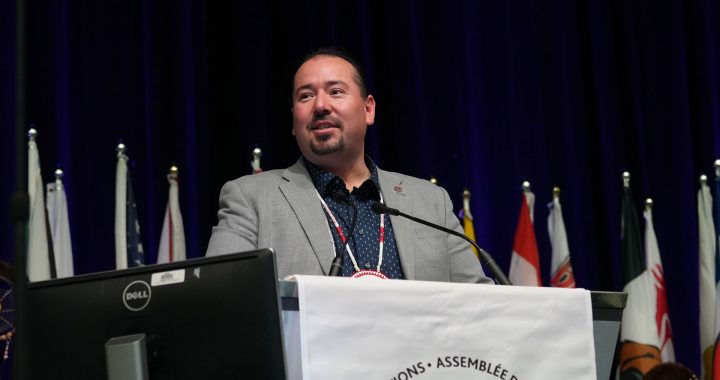
A community research report entitled Learning is Healing highlights key findings discovered in conversations about sexual violence education in Saskatchewan. Graphic: APTN News
High rates of sexual violence in Saskatchewan shows “reparative education” is needed to turn the tide, a new report says.
Three groups, including the Federation of Sovereign Indigenous Nations, said their Learning is Healing report identified gaps in programming, resources and education when it came to preventing violence among a diverse group of victims in the province.
“[Sexual Assault Services of Saskatchewan] carried out this research to determine sexual violence educational needs within the province,” said Somiya Tabassum, SASS education programs lead, after the report was released in Saskatoon Monday.
“…We needed to determine what education is being missed and the barriers to accessing programming…”
Reparative education, according to a release distributed with the report, is the process of repairing what already exists by going into communities and consulting with them to understand their needs and then developing customized content and programming.
The report
The research for the report was gathered with the help of the Community-University Institute for Social Research at the University of Saskatchewan, which found significant gaps in evidence-based, trauma-informed and culturally responsive programs, said the release.
It said the gaps in sexual violence education were caused by “the impact of COVID-19, the legacy of colonialism, the lack of common comprehensive sexual health education and the diverse targets of sexual violence.”
Tabassum said the next step is to develop a curriculum for sexual violence education in Saskatchewan for service providers who work with children, teens and adults – and test it using pilot groups.
“We need to ensure that we are creating and delivering programs that are meeting individuals where they are at,” she said in the release.
“Each community is unique and has distinct learning needs so we need to be able to develop programming that is not only trauma-informed and intersectional but also community-specific and age appropriate.”
The ‘intersectional’ violence Tabassum refers to is that experienced by Indigenous Peoples, newcomers, 2SLGBTQIA+ community members, seniors, and those living with disabilities in rural, urban and remote areas, the report said.
Read the Healing is Learning report HERE
When it comes to students, the report said school-based sexual health education programs are associated with both the promotion of healthy relationships and the prevention of sexual and intimate partner violence. However, curricular decisions fall under provincial/territorial jurisdictions frequently leaving them up to school boards and even teachers to determine.
“Sexual health education in (Saskatchewan) schools often emphasizes abstinence, long since proven to be ineffective in failing to address consent, a topic crucial to building healthy sexual identities and preventing gender-based violence,” the 24-page report noted.
Colonialism itself, the report said, “is based on disregard for consent among those most affected, so the structural links between sexual ignorance, violence, and assimilationist colonialist coercions are easily traced in a province with the second-highest provincial rate of sexual violence.”
The existing links become “particularly damaging when Indigenous girls comprise over half of all those enduring sexual exploitation in western Canada,” the report said, “and a compounding source of mistrust, resulting in ingrained reluctance to report or seek assistance.”
Finally, the report concludes there is a need for a common comprehensive sexual health education program in Saskatchewan, without barriers to disclosure and more attention for underserved populations.
“One of the most significant issues regarding the educational programming that exists is that it is not specific to the province nor reflects the unique demographics of the individuals who live here, especially in rural and remote communities,” it said.










